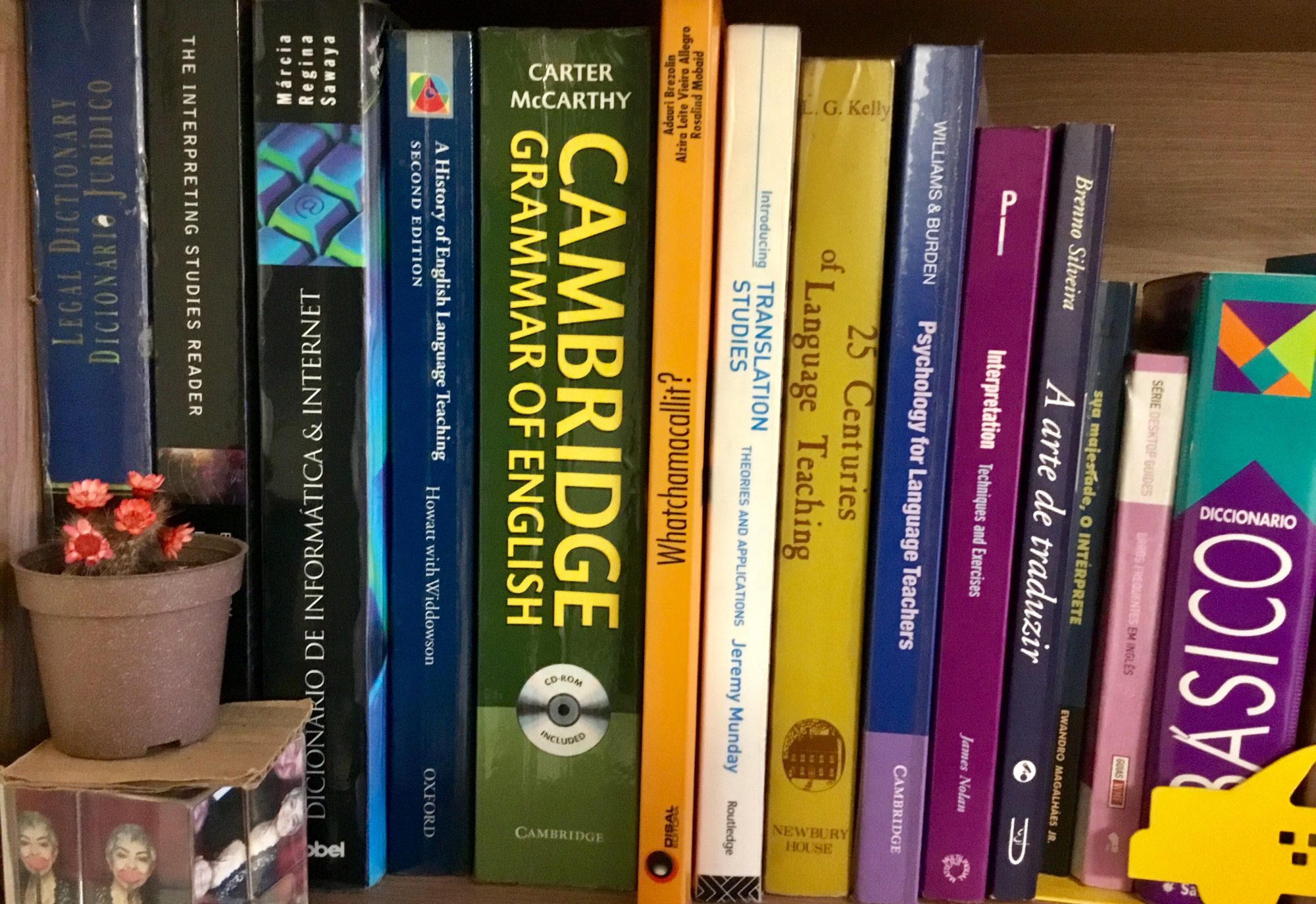This past week a student of mine was in New York City and told me he’s discovered the joys of eavesdropping. He said he’s enjoying the musicality of the natives minding their own business while he listens in.
A few weeks ago the same happened to me in Portuguese. I was enjoying my coffee and slice of orange Chocottone at Casa Bauducco when I overheard two men talking about the use of English for travel and for business.
They were saying: “when you’re traveling on holiday you use English just to ask ‘how much?’ ‘Where?’ Etc your needs and objectives are different from professional or academic purposes.”
But when you have to use English to transmit and explain your work, or the challenges of attending a conference or just keeping the language alive.
They went on to say: “When you want to take a course in English you need to be able not only to understand a lecture but to take notes, to write your own reports and to express your own points of view.”
Now English as a second language has reached almost the same requirements of the mother tongue. It’s not enough to understand what someone is saying, you must also be able to explain what that person said. Not enough to understand a word in the midst of a shower of words… at the end you won’t have the essence of what was said.
so the role of the teacher and the students’ expectations must be constantly revisited so that delivery of what students want and need really takes place.
Cheers,
Mo
Moacir Sena
Assessoria em Idiomas
Language Lessons and Coaching, Translations, Interpreting
In Brazil
(11) 98132-8496



 question, you have to pronounce the English words correctly in order to get an answer, so you get a chance to work on your speaking skills. Through Siri’s answers, you’ll hear proper or standard pronunciation and learn the right ways to respond to certain questions.
question, you have to pronounce the English words correctly in order to get an answer, so you get a chance to work on your speaking skills. Through Siri’s answers, you’ll hear proper or standard pronunciation and learn the right ways to respond to certain questions.
 , being more of a marketplace where language schools and publishers come to sell their goods instead of teachers discussing their best practices and the future of their industry. Since traveling can be quite expensive I really appreciate when the organisers of those events make them available online on YouTube.
, being more of a marketplace where language schools and publishers come to sell their goods instead of teachers discussing their best practices and the future of their industry. Since traveling can be quite expensive I really appreciate when the organisers of those events make them available online on YouTube.